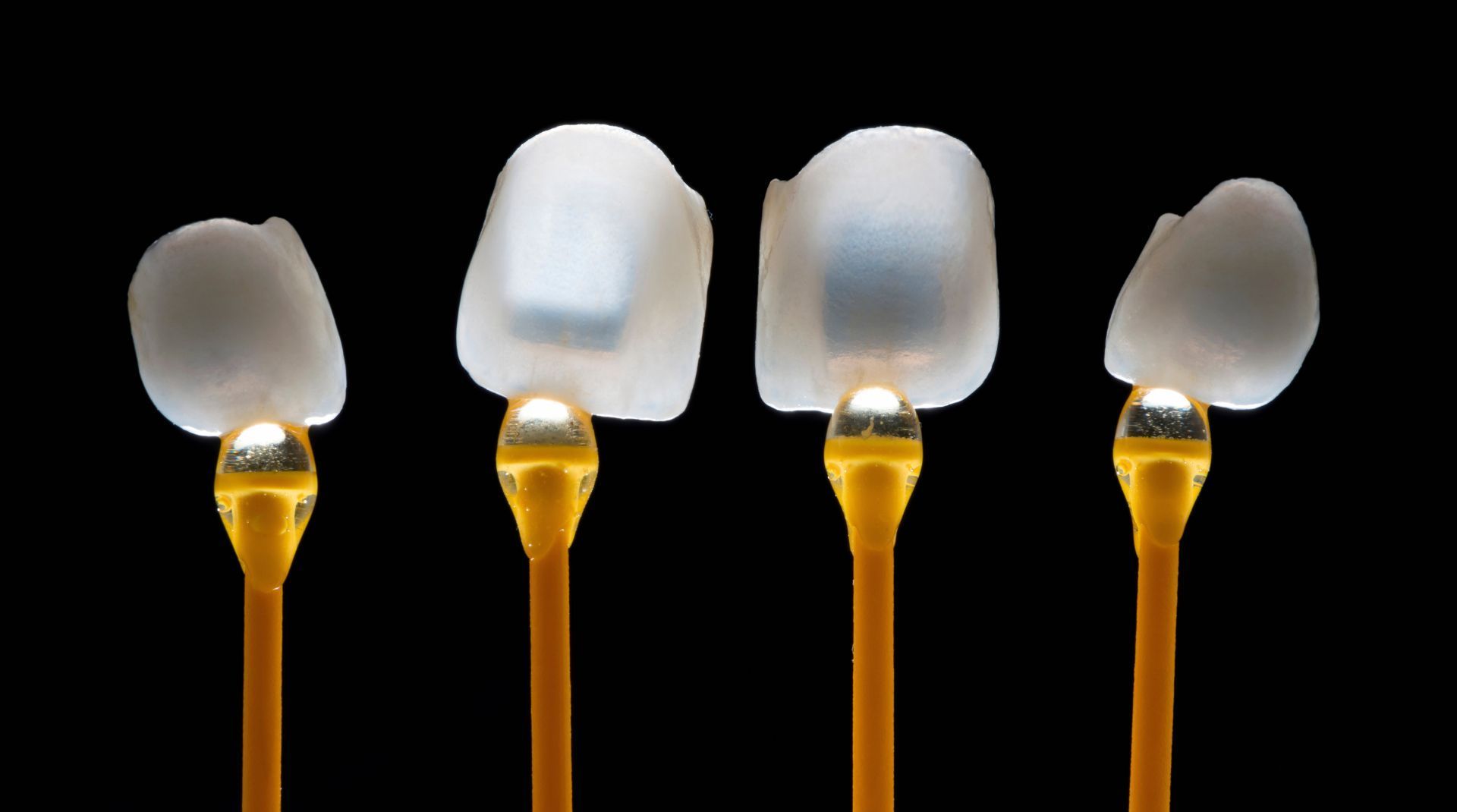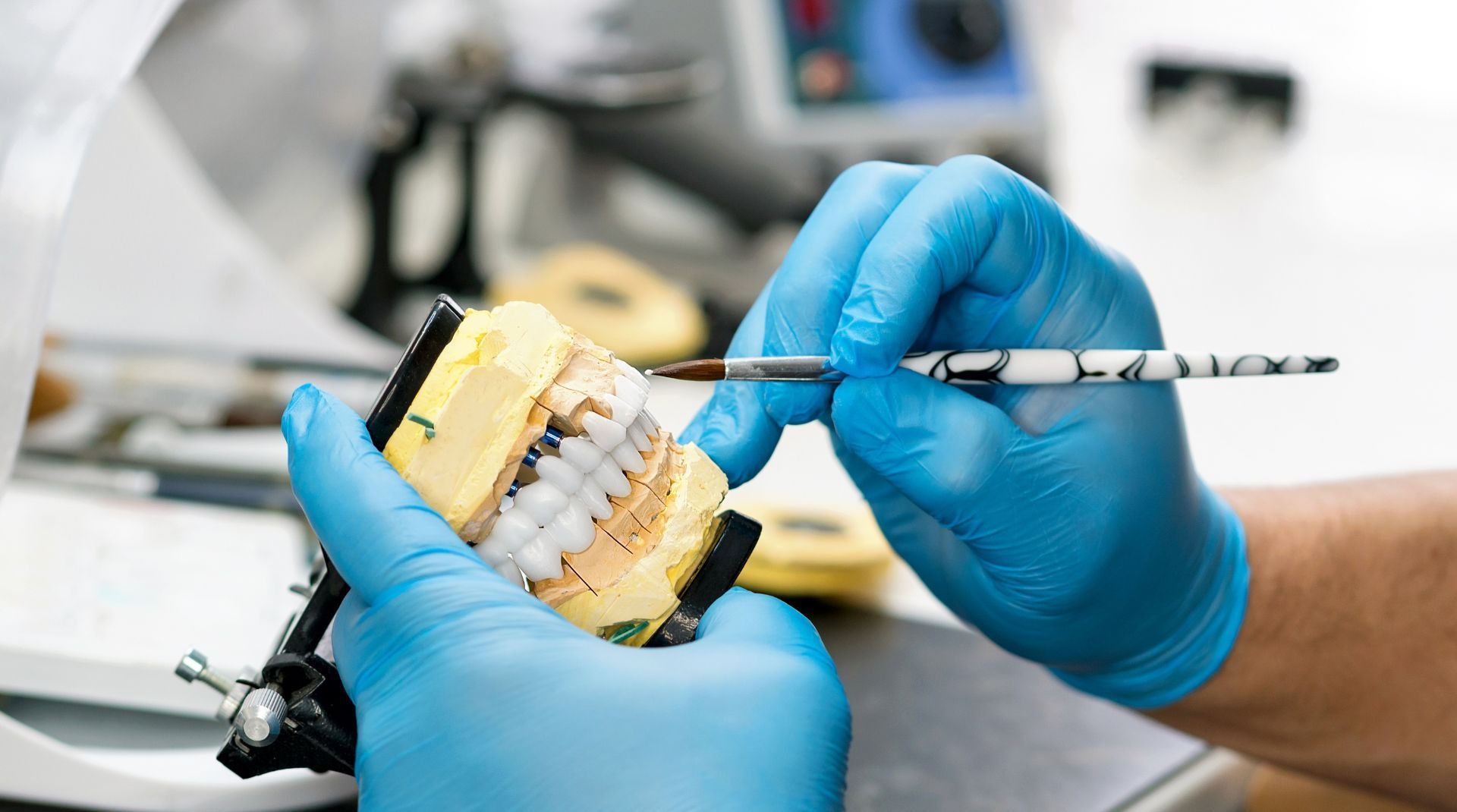Choosing the Right Dentist for Complex Cases
By Dr. Taylor Workman • September 16, 2025

When your dental situation is straightforward — cleanings, simple fillings — many general dentists work just fine. But when complexity enters the picture (large restorations, root canals, implants, full-mouth rehab), the stakes and variables escalate. Here’s how to pick a dentist (or team) able to handle the hard stuff well.
What Makes a Case “Complex”?
You might consider a case “complex” if it involves one or more of:
- Large restorations involving multiple surfaces or teeth
- Teeth nearing structural failure (cracks, root fractures)
- Root canals (especially retreatments)
- Implant placements or bone grafting
- Full-mouth reconstruction / bite rehabilitation
- Periodontal disease + restorative needs
- Cosmetic + functional demands
Complex cases require advanced planning, multidisciplinary knowledge, and exceptional execution.
Key Qualities to Look For in a Dentist for Complex Cases
1. Experience & Focus
- Look for a dentist who does the kind of work you need often.
- Ask how many cases like yours they’ve completed.
- Check for portfolios / before & after images.
2. Continuing Education & Specialty Training
- Education beyond basic dental school: residencies, postgraduate programs, specialized certification (e.g. implant coursework, endodontic advanced training, biomimetic courses).
- Active participation in professional organizations or study clubs.
3. Technology & Tools
- Use of microscopes, CBCT/3D imaging, digital scans, guided surgery, CAD/CAM.
- High magnification, proper isolation (dental dams), and advanced materials.
- 3D planning software or simulation tools.
4. Comprehensive Diagnosis & Planning
- They should evaluate not just one tooth, but the bite, occlusion, TMJ, supporting structures.
- They should present multiple treatment options, with pros/cons.
- Use diagnostic models, wax-ups, and mockups to preview outcomes.
5. Communication & Transparency
- Clear explanation of risks, alternatives, costs, timelines.
- Comfortable with discussing worst-case scenarios or backup plans.
- Willingness to pause and rethink during the case if needed.
6. Collaboration / Referral Network
- For truly complex situations, a good dentist should collaborate with specialists (endodontists, periodontists, oral surgeons, prosthodontists) rather than insisting on doing everything.
- They should maintain relationships with quality labs and specialists.
7. Quality Over Speed
- Avoid practitioners who rush; complex cases require meticulous layering, bonding, curing, adjustments.
- Patience matters, especially with occlusion, marginal adjustments, and long-term durability.
8. Reviews, Credentials, Peer Recognition
- Patient reviews and case outcomes.
- Membership in reputable organizations (e.g. ADA, Academy of Biomimetic Dentistry, implant societies).
- Awards, peer reviews, published cases.
What Questions to Ask Before Choosing
- How many cases like mine have you done?
- Do you use microscopes / CBCT / guided planning?
- Can I see similar cases you’ve completed?
- What are your backup plans if something doesn’t go as planned?
- Which procedures will you do yourself vs refer?
- What is your follow-up care plan?
- What materials / brands do you prefer, and why?
- How do you handle complications or failures?
Red Flags to Avoid
- Overpromising perfect outcomes or “zero risk.”
- Limited portfolio or few images of challenging cases.
- No mention of retreatment options or worst-case scenarios.
- Unwillingness to collaborate or refer.
- Very low fees that seem “too good to be true.”
- Lack of modern tools or technology in the office.
Conclusion
For complex dental work, you’re not just hiring a provider—you’re choosing a partner in long-term oral health. The best dentist will combine skill, vision, honesty, technology, and humility. Don’t be shy about interviewing, reviewing their work, or walking away if it doesn’t feel right.
Insights to fuel your marketing business
Sign up to get industry insights, trends, and more in your inbox.
Contact Us
We will get back to you as soon as possible.
Please try again later.
SHARE THIS







